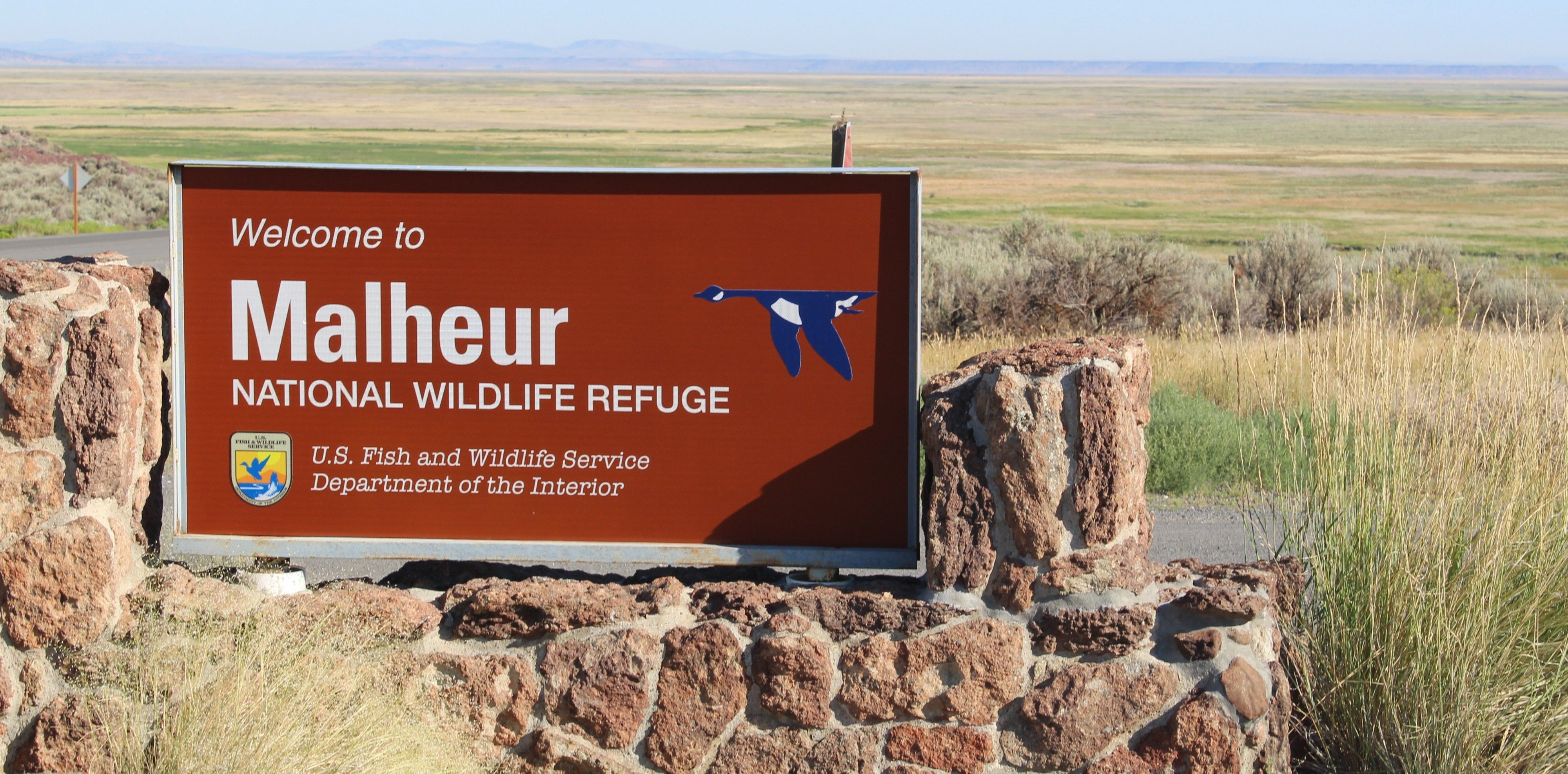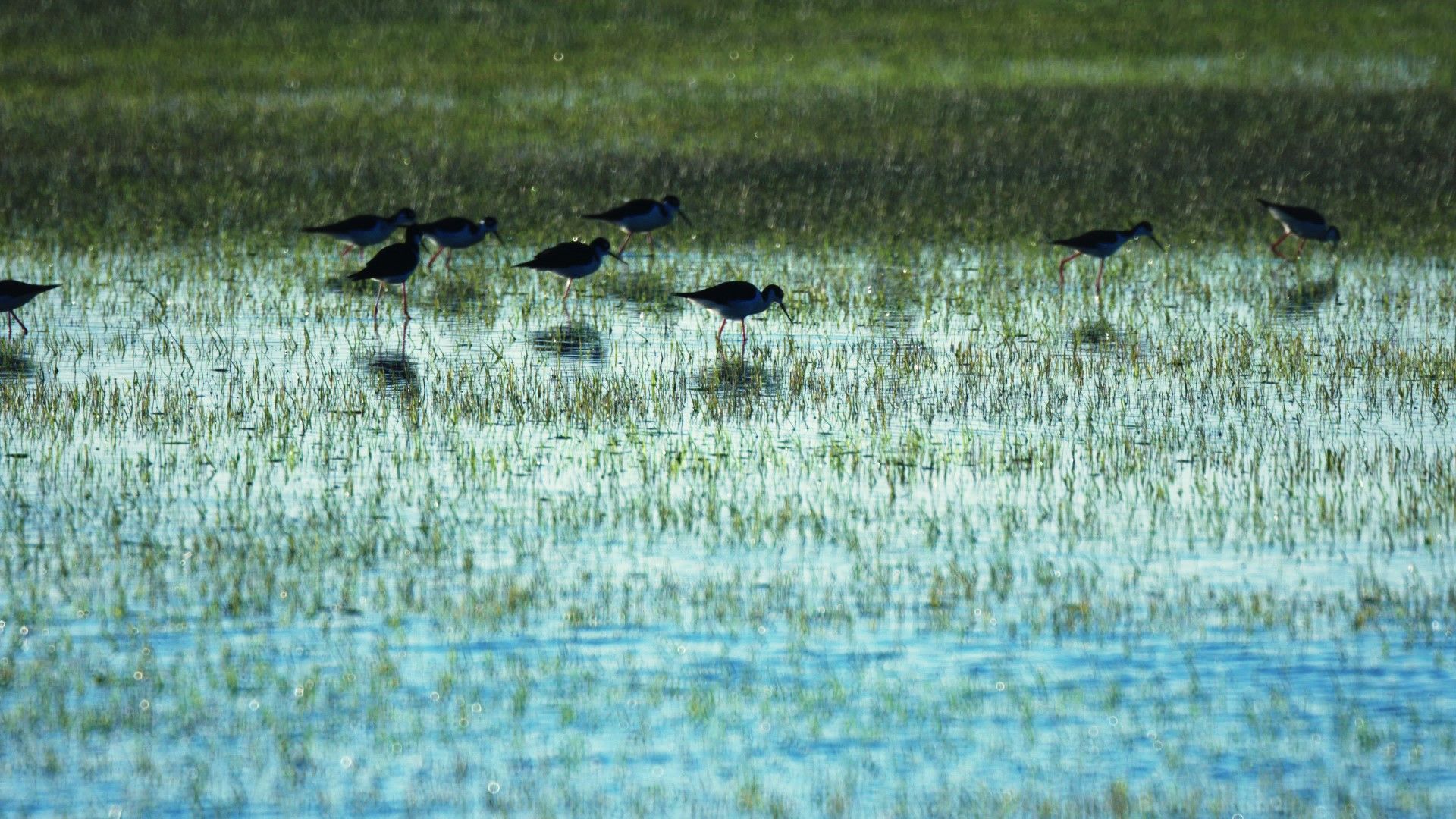
Collaboration Changing The Landscape
In January 2013, as a result of a three year collaboration with members from the local community, conservation organizations, government agencies and Malheur National Wildlife Refuge (refuge) staff and experts, the U.S. Fish and Wildlife Service embarked on a long-term plan to restore the refuge's aquatic health, enhance wildlife habitat and revitalize relationships with stakeholders and the community. This process is laid out in the Comprehensive Conservation Plan (CCP) which describes a vision and priorities for the refuge and how future decisions are made.
Beginning January 2025 the Malheur National Wildlife Refuge is embarking on a next phase of collaborative conservation planning and is inviting the community to help shape its future management. At the heart of this new phase is readdressing the existing Comprehensive Conservation Plan, a strategic document that will continue to guide the refuge's management for the next 15 years. Learn more.

Innovative Collaborative Planning
The innovative collaborative planning process used to develop the CCP helps build the relationships and communication necessary to produce a consensus around the core principles embedded in the CCP:
- Ongoing collaborative approach to implementation, built around partnerships and a shared commitment to the long-term sustainability of the refuge and the larger Harney Basin’s wildlife, habitats and human communities;
- Commitment to science-based, active adaptive management, driven by monitoring and evaluation of results, with refuge decision making that is transparent and informed by stakeholder involvement;
- Focus on aquatic ecosystem health and the subsequent benefits to waterways, wetlands and upland habitats.
The consensus achieved in developing the CCP unites a broad group of partners now working with the refuge through the Harney Basin Wetlands Collaborative (HBWC). While the CCP focuses on Malheur National Wildlife Refuge, HBWC compliments it by working toward solutions to revive Malheur Lake and maintain important bird habitats on private lands. More about the Harney Basin Wetland Collaborative.

